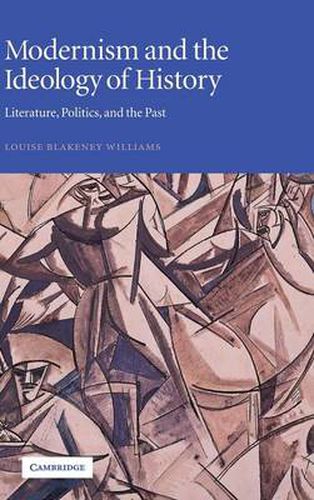Readings Newsletter
Become a Readings Member to make your shopping experience even easier.
Sign in or sign up for free!
You’re not far away from qualifying for FREE standard shipping within Australia
You’ve qualified for FREE standard shipping within Australia
The cart is loading…






Louise Williams explores the nature of historical memory in the work of five major Modernists: Yeats, Pound, Hulme, Ford and Lawrence. These Modernists, Williams argues, started their careers with historical assumptions derived from the nineteenth century. But their views on the universal structure of history, on the abandonment of progress and the adoption of a cyclical sense of the past, were the result of important conflicts and changes within the Modernist period. Williams focuses on the period immediately before World War I, and shows in detail how Modernism developed and why it is considered a unique intellectual movement. She also revisits the theory that the Edwardian age was a difficult period of transition to the modern world. Finally, she illuminates the contribution of non-Western culture to the literature and thought of the period. This wide-ranging and inter-disciplinary study is essential reading for literary and cultural historians of the modernist period.
$9.00 standard shipping within Australia
FREE standard shipping within Australia for orders over $100.00
Express & International shipping calculated at checkout
Louise Williams explores the nature of historical memory in the work of five major Modernists: Yeats, Pound, Hulme, Ford and Lawrence. These Modernists, Williams argues, started their careers with historical assumptions derived from the nineteenth century. But their views on the universal structure of history, on the abandonment of progress and the adoption of a cyclical sense of the past, were the result of important conflicts and changes within the Modernist period. Williams focuses on the period immediately before World War I, and shows in detail how Modernism developed and why it is considered a unique intellectual movement. She also revisits the theory that the Edwardian age was a difficult period of transition to the modern world. Finally, she illuminates the contribution of non-Western culture to the literature and thought of the period. This wide-ranging and inter-disciplinary study is essential reading for literary and cultural historians of the modernist period.